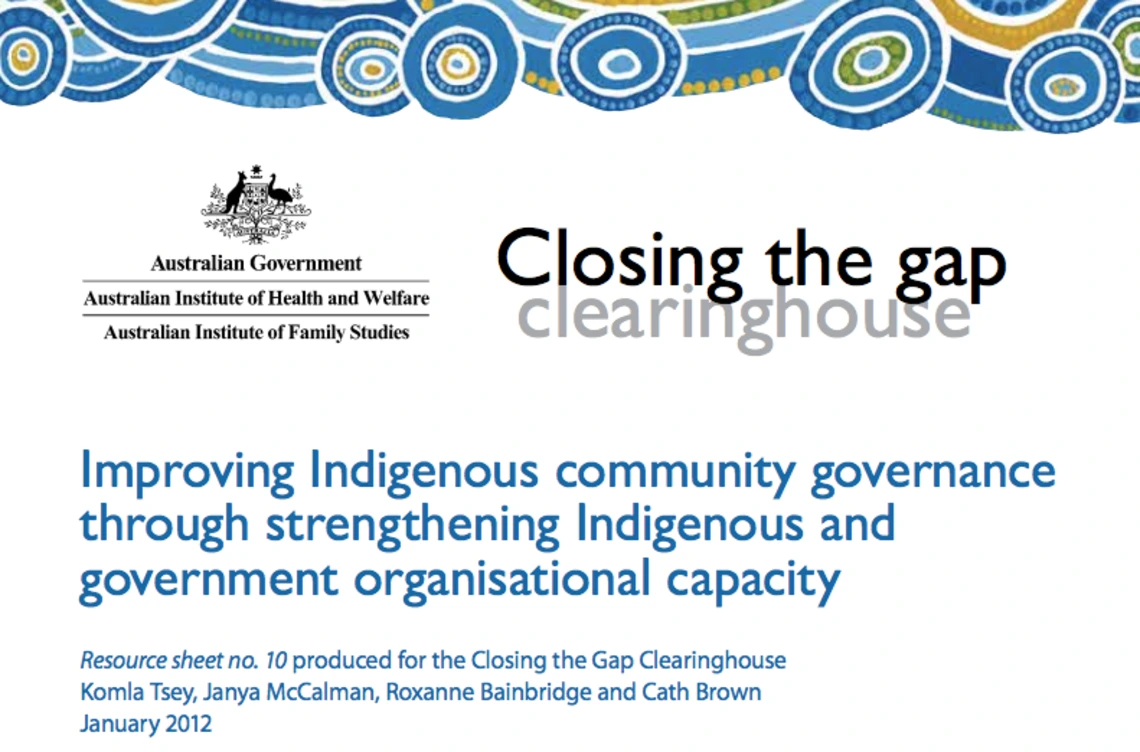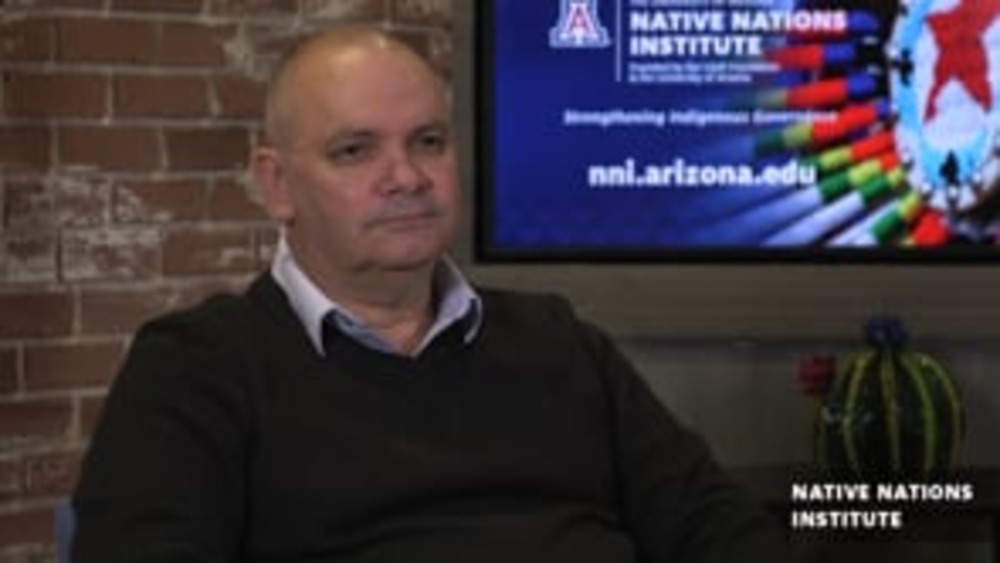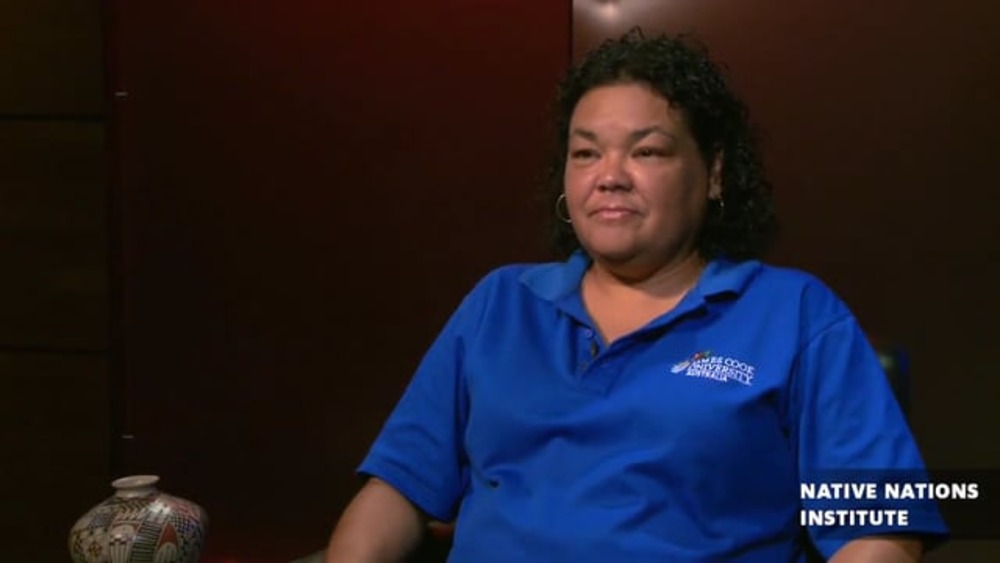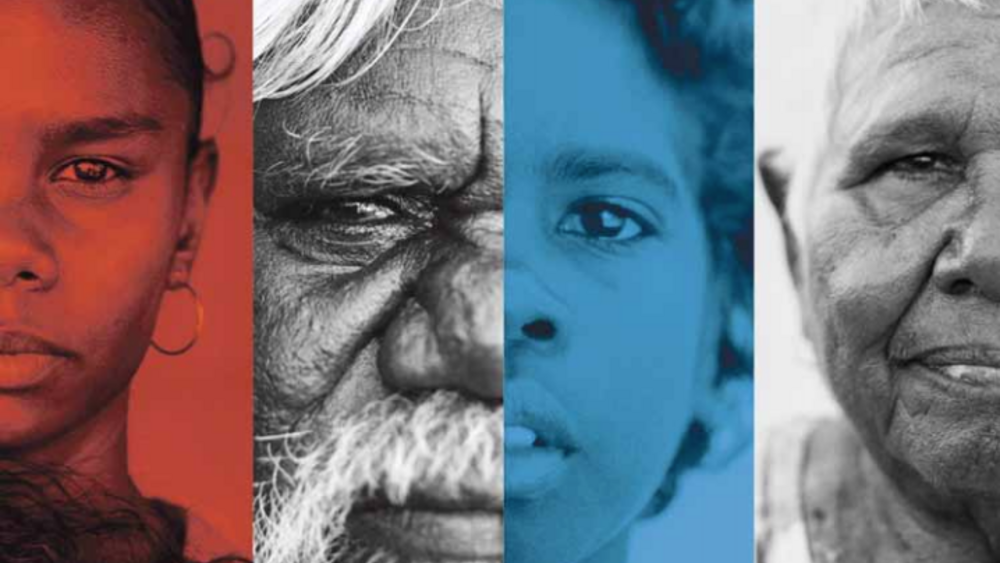Strengthening the organisational capacity of both Indigenous and government organisations is critical to raising the health, wellbeing and prosperity of Indigenous Australian communities.
Improving the governance processes of Indigenous organisations is likely to require strengthening of Indigenous and government organisational values, goals, structures and arrangements that influence employees' behaviour and wellbeing.
Involvement of Indigenous people in decision-making about their own development is critical...
Additional Information
Tsey K, McCalman J, Bainbridge R & Brown C. Improving Indigenous community governance through strengthening Indigenous and government organisational capacity. Resource sheet No. 10. Produced for the Closing the Gap Clearinghouse. Canberra: Australian Institute of Health and Welfare & Melbourne: Australian Institute of Family Studies. 2012. Paper. (https://www.aihw.gov.au/getmedia/..., accessed July 21, 2023)




